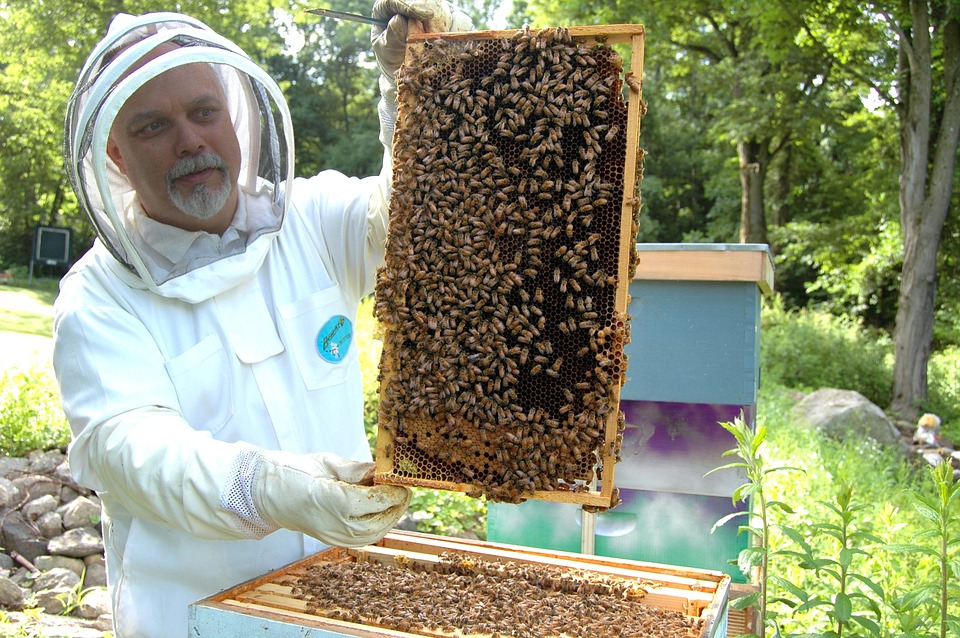All over the world, people are worried about honeybee populations. Declining bee populations mean a decline in pollination, as well as a decrease in food supplies for birds. Basically, if bees disappear, we’ll be in a lot more environmental trouble than you might think. As a result, homesteaders everywhere are helping their local bee populations out by becoming beekeepers, but should you do the same? There are a few questions you should ask before you commit to home beekeeping.
Is One of Your Family Members Allergic to Bees?
First, if anyone in your family is allergic to bees, then the risk of keeping bees is probably too high. Unless you have a never-ending supply of epinephrine injections, then you might want to leave beekeeping to other homesteaders. After all, you can still trade vegetables, herbs, crafts, and other items for honey if someone nearby has a bee colony.
Do You Have a Reliable Water Source?
Bees drink a surprising amount of water while they go about their work making honey and building their hives – up to a liter a day! If you have a natural source of water that they can use, you’ll be in good shape to start a colony. If water is tight, you might want to reconsider.
Are There Nearby Nectar Sources?
You might think, “Well, I have an entire garden right here!” Believe it or not, your garden probably won’t provide enough nectar for your bees. Fortunately, if you live in a wooded area with a lot of wild flora within about three to five miles of your home, you’ll have plenty of nectar sources around, including your garden.
These are the most important questions to ask yourself before starting a bee colony. Finding out the answers could help you determine whether or not you’re a good candidate to be your area’s local beekeeper.
If you liked that, you might also like:
Learn How To SUPERCHARGE your garden or farm…
Click Here To Get The Best Survival Medical Course…
Check Out These Mind Blowing Survival Skills…

